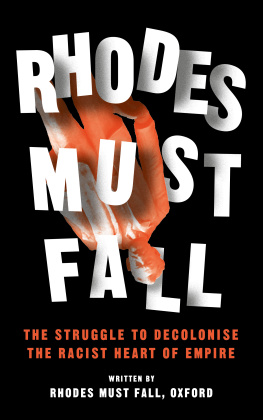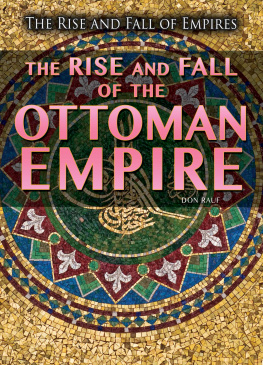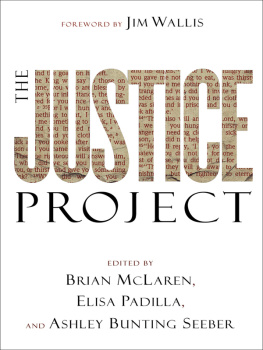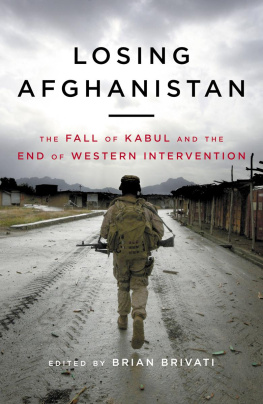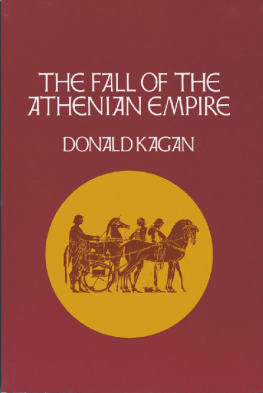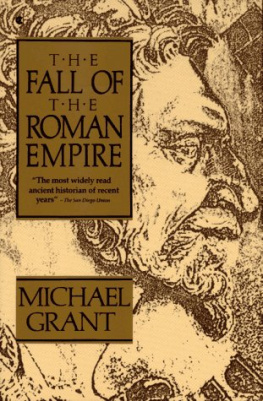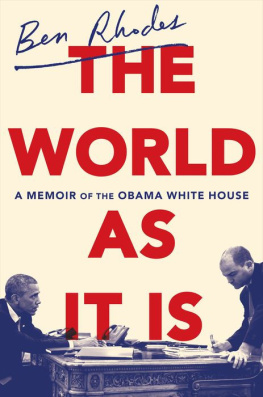ABOUT THE MOVEMENT
Rhodes Must Fall is a protest movement that began on 9 March 2015, originally directed against a statue of British imperialist Cecil Rhodes at the University of Cape Town in South Africa. The campaign for the statues removal received global attention and led to a wider movement to decolonise education, by inspiring the emergence of allied student movements at other universities across the world.
RHODES MUST FALL
THE STRUGGLE TO DECOLONISE THE RACIST HEART OF EMPIRE
Written by the Rhodes Must Fall Movement, Oxford
Edited by Roseanne Chantiluke, Brian Kwoba and Athinangamso Nkopo
Rhodes Must Fall: The Struggle to Decolonise the Racist Heart of Empire was first published in 2018 by Zed Books Ltd, The Foundry, 17 Oval Way, London SE11 5RR, UK.
www.zedbooks.net
Copyright Roseanne Chantiluke, Brian Kwoba and Athinangamso Nkopo 2018.
Copyright in this Collection Zed Books 2018.
The right of Roseanne Chantiluke, Brian Kwoba and Athinangamso Nkopo to be identified as the editors of this work has been asserted by them in accordance with the Copyright, Designs and Patents Act, 1988.
Typeset in Avenir and Haarlemmer by Swales & Willis Ltd, Exeter, Devon
Cover design by Clare Turner
All rights reserved. No part of this publication may be reproduced, stored in a retrieval system or transmitted in any form or by any means, electronic, mechanical, photocopying or otherwise, without the prior permission of Zed Books Ltd.
A catalogue record for this book is available from the British Library
ISBN 9781786993892 hb
ISBN 978178699 3908 pb
ISBN 9781786993915 pdf
ISBN 9781786993922 epub
ISBN 978 1786993939 mobi
CONTENTS
Kehinde Andrews
Roseanne Chantiluke, Brian Kwoba and Athinangamso Nkopo
RMFO
Ntokozo Qwabe
Andr Dallas
Athinangamso Nkopo, Tadiwa Madenga and Roseanne Chantiluke
Sizwe Mpofu-Walsh
Princess Ashilokun
Michelle Codrington
Dr Simukai Chigudu
Sir Hilary McDonald Beckles KA
Patricia Daley
Julian Brave NoiseCat
Brian Kwoba
Arthur (Eirich), Anasstassia Baichorova, Claudio Sopranzetti, JanaLee Cherneski, Max Harris and Ron McFarlane
Athinangamso Nkopo and Roseanne Chantiluke
Kealeboga Ramaru
Athinangamso Nkopo
Akwugo Emejulu
Olivette Otele
Lavie Williams, Isabelle Clark and Savannah Sevenzo
Oddl Kambon
Rena Karefa-Johnson
Asanni York
QM Pan-African Society
Kofi Klu
Kevin Minors
Chandra Kant Raju
Lwazi Lushaba
Roseanne Chantiluke
Esther Stanford-Xosei
Anonymous
Benny Wenda
Ayo Olatunji
Kehinde Andrews
Kehinde Andrews is the founder of Europes first Black Studies programme at Birmingham City University.
Rhodes Must Fall at Oxford was a movement that could not be ignored, either by the establishment or by those of us who have campaigned and worked to develop critical education. In the heart of whiteness, students mobilised to reject not only their colonial schooling but the hidden curriculum embodied by the statue of racist Cecil Rhodes. We cannot underestimate the power of this movement happening in one of the most prestigious universities in the world. The backlash was swift and expected because the students had the temerity to challenge their own educational institution. Oxfords prestige is founded on its elite status, which is code word for its whiteness. By challenging the racial status quo the students were biting the hand that fed them by undermining a founding principle of Oxfords appeal.
For example, when Ntokozo Qwabe was criticised for accepting a Rhodes Scholarship and then being part of the campaign, he was being told that he should be more grateful and not rock the boat he had boarded. Of course the elite rallied round to protect what they saw as the destruction of history and framed their objections in the need to contextualise and not airbrush out the parts we disapprove of. But as the decolonial voices in this volume argued, a monument glorifying a mass murderer is itself an exercise in erasing the true history of colonialism. The message from the university administration was clear: Oxford is built on exclusionary principles and as the Chancellor Chris Patten explained, if they did not like this they should think about being educated elsewhere. Factories of privilege can only ever change when those who benefit from them are willing to sacrifice and commit to the cause. Oxford students leading the charge to decolonise a schooling system they do well from is the perfect example of the kind of approach that is needed.
Working in a post-92 university and living in Birmingham, it is easy to underestimate the symbolic violence that is committed on a daily basis in spaces like Oxford. But you only need to walk on the campus to feel the oppression in the environment. The walls of the colleges are filled almost to bursting with portraits of dead white men. I can only imagine how it must feel, having to spend every day eating under the gaze of people who despised you. Oxfords monoculture makes the movement even more powerful. To resist in spaces where you are barely given license to exist takes an enormous amount of courage and determination.
Learning about the development of the movement and reengaging with the struggles on campus in this book has been informative and inspiring. We often only engage on the surface with resistance movements but it is essential we understand the emergence, processes and challenges that organisers face, so that we can learn and build on this in future work. We need to use books like these as resources going forward.
What comes across as most powerful in the collection about Rhodes Must Fall (RMF) is the groups and alliances that were formed in order for the movement to emerge and succeed. Movements do not work because of individuals, but collectives who mobilise around a shared goal. One of the most difficult aspects of any movement is bringing together different and sometimes competing factions. Students face the additional problem of their transitory situation. You serve a limited term sentence on campus, so making sure that the necessary steps are in place to continue the work after you have left is paramount.
Alongside the internal organisation, making the wider links for any movement is essential. In this collection, the myriad of sister movements from the Rhodes and Fees Must Fall campaigns in South Africa to the reparations movement in Europe and the Caribbean are a welcome platform. It is impossible to decolonise a curriculum or an institution. Universities are racist because of the society that produces them, so our movements must be connected to those for wider social change. There is also no such thing as a British problem the global system produces the national picture of oppression and therefore global links must always be maintained.
Another welcome aspect of the book is that it highlights the anti-Blackness that pervades institutions like Oxford and society at large. The West is underpinned by a system of racism that ranks whiteness as the pinnacle and Blackness as the nadir. White supremacy is written into the political economy even today, with the richest countries being in the West (white) and the poorest in Africa (Black). Unfortunately, the promise of the darker nations of the developing world coming together to fight imperialism has not been fulfilled and some former colonial allies have leveraged their higher status in the Western racial order by firmly embracing anti-Blackness. Oddl Kambons chapter on Gandhis anti-Black racism is a reminder that we need to be aware of the power of the discourse of white supremacy, even within decolonial movements.

